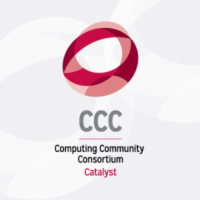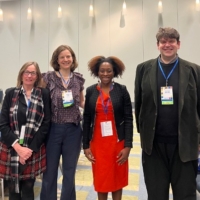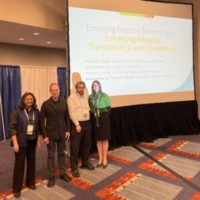
CCC Announces Call for Blue Sky Papers Track at ACM International Conference on Multimodal Interaction
The 25th ACM International Conference on Multimodal Interaction will be in Paris, France from October 9-13th, 2023. The CCC is pleased to partner with ACM ICMI to continue the Blue Sky Paper track, initialized in 2021, and continued in 2022, that emphasizes innovative, visionary, and high-impact contributions.









